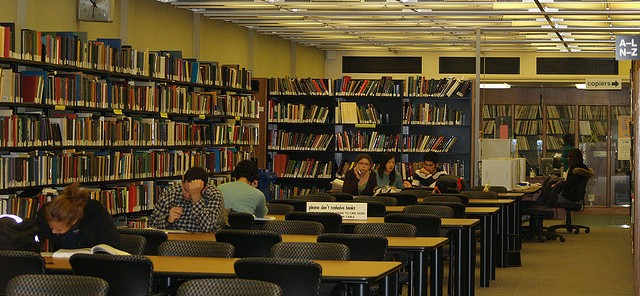Image courtesy of UBC Library.
Christine McKenna Federation for the Humanities and Social Sciences
This year’s Congress of the Humanities and Social Sciences may be over, but the 2013 World Social Science Forum (WSSF) is just around the corner. Taking place in Montreal from October 13-15, the WSSF is organized by the International Social Science Council (ISSC) and expects to draw over 1,000 delegates from 80 countries to explore the theme "Social Transformations and the Digital Age". The deadline for participants to register and appear in the printed program is July 17, 2013, as is the deadline to finalize proposal titles and abstract/panel descriptions online.
Looking ahead at 2014, the 23rd World Congress of Political Science, organized by the International Political Science Association (IPSA), is set to take place in Montreal from July 19-24 next year. The theme of the conference is “Challenges of Contemporary Governance”, and the deadline to submit panel and paper proposals has been extended to July 11 and October 7, 2013.
There have been a number of interesting news items regarding postsecondary education in Canada recently: a report from the Organization for Economic Co-operation and Development (OECD) states that Canada tops the list of most educated countries in the world, but is falling behind on education funding; it also suggests that Canadian students weathered the global recession fairly well, and that our youth unemployment numbers are lower thanks to our high percentage of college graduates. The recent National Household Survey release has revealed a growing population of female university students, and an overall increase in the number of Canadians seeking postsecondary education to boost their job prospects.
Last week, we saw the release of a report from the American Academy of Arts and Sciences called “The Heart of the Matter”, which expressed the importance of the social sciences and humanities for a stable and progressive society. The report spawned a number of articles expressing a range of reactions, some of which were published in the New York Times, the Boston Globe, the Atlantic, and the Washington Post.

